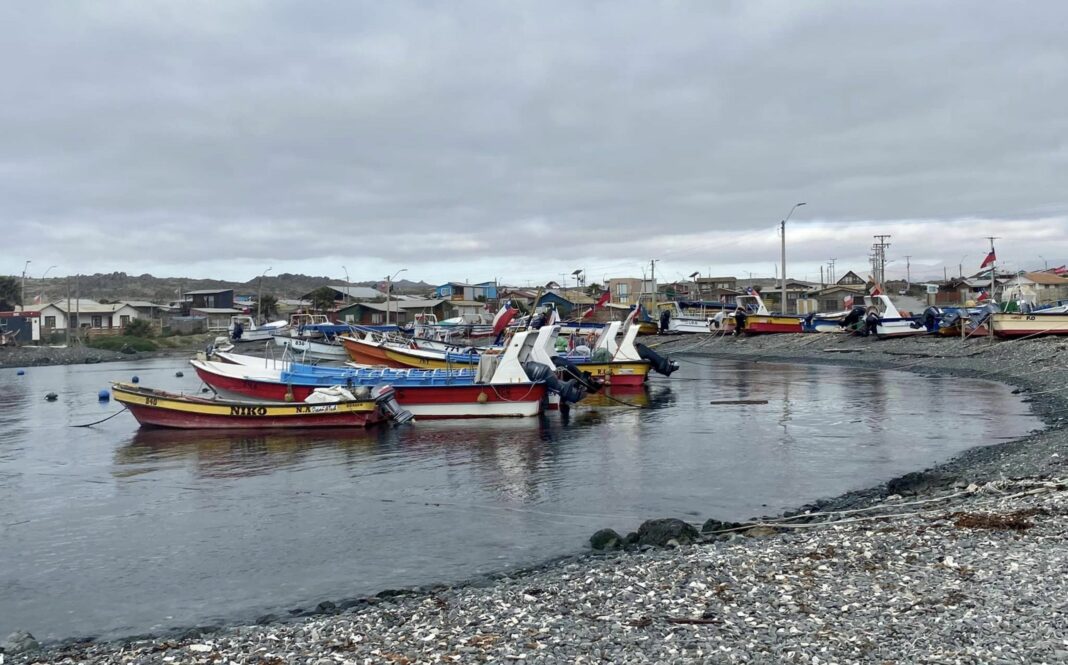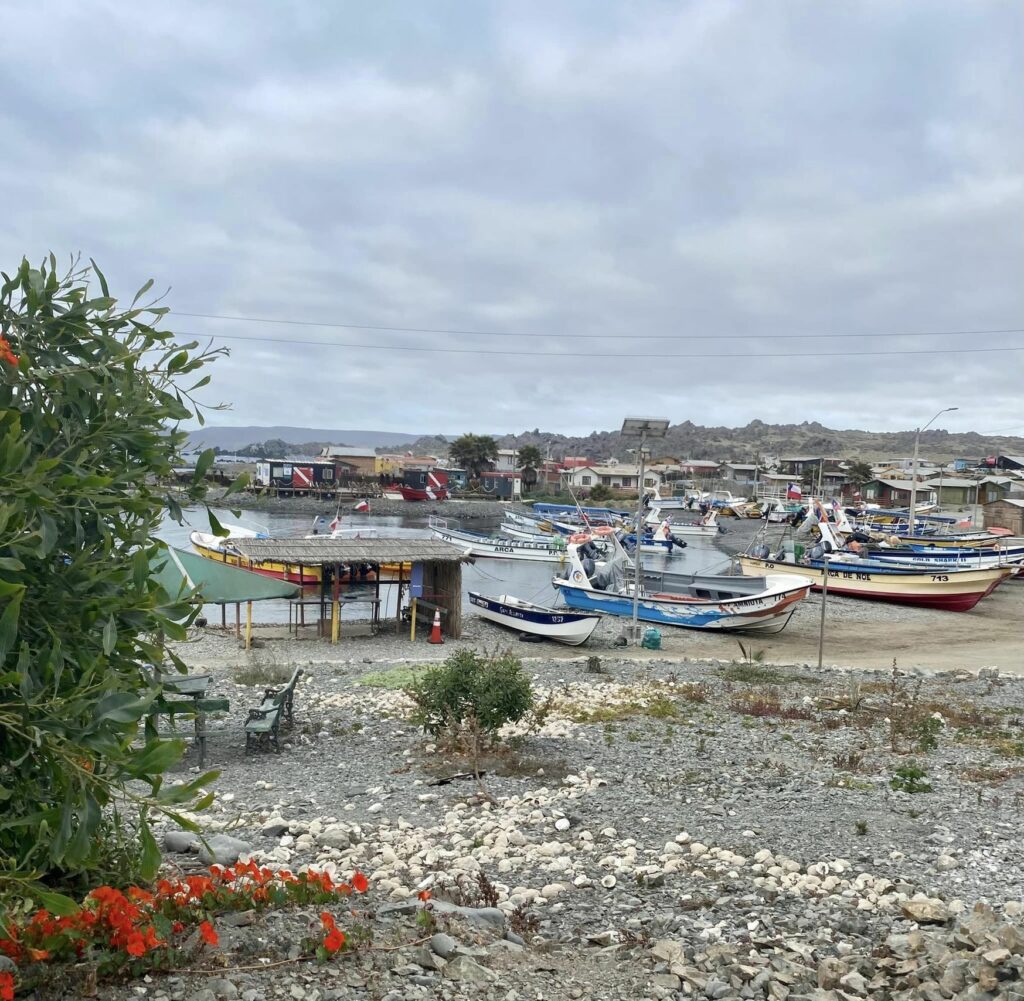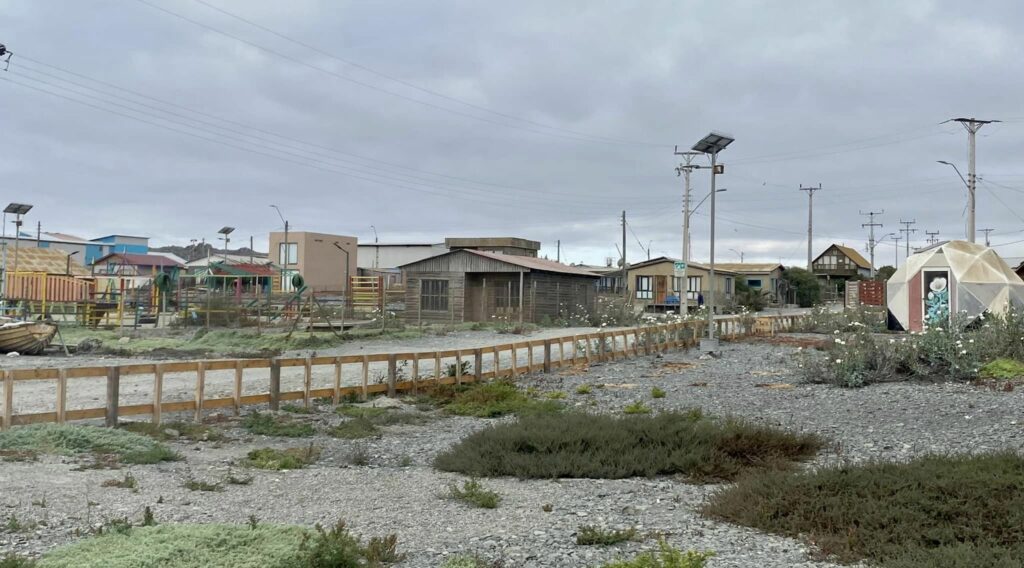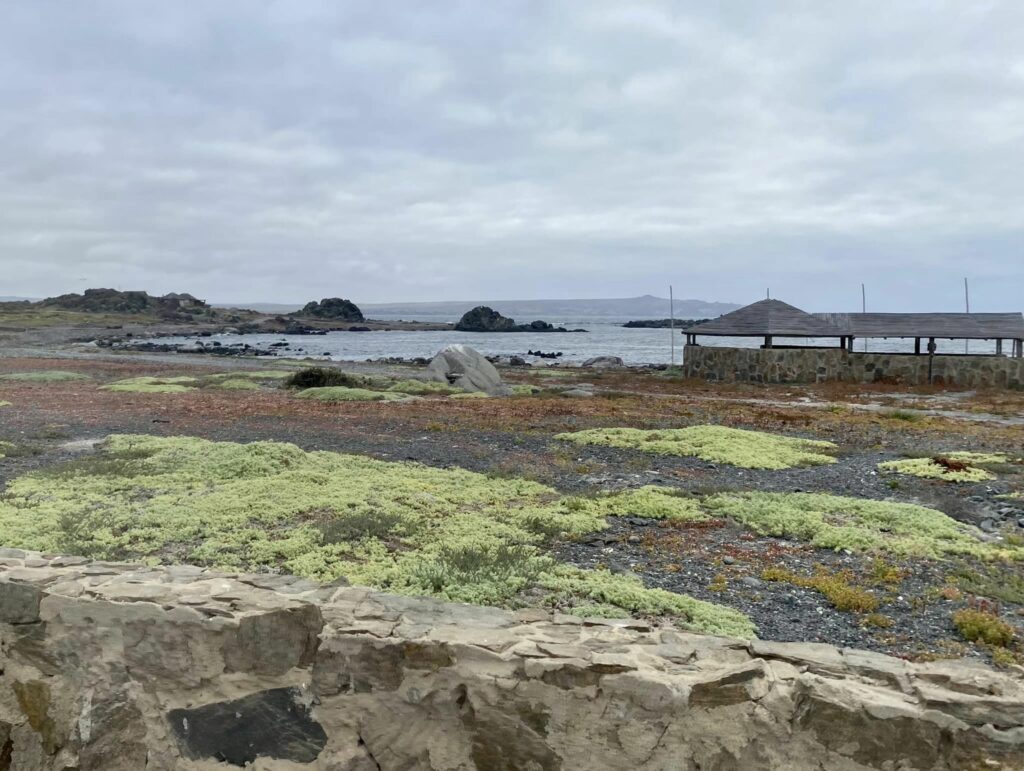The Government of the Atacama launched a promising initiative to provide tech tools to revive artisanal fishing, protect marine life, and promote ecotourism. And it’s working!
Chañaral de Aceituno is a remote and serene Chilean village enveloping a Pacific cove on the southern reaches of the world’s driest desert. Most days are cool and overcast, with blustery winds blowing off the ocean. And on most days, just as they have for hundreds of years, families wait on the shore with warm drinks to greet fishermen returning with the day’s catch.
But in 2010, an 8.8 earthquake triggered a series of tsunamis that destroyed seventy percent of local fishing fleets along Chile’s central coast. With the boats and equipment of small-scale fishermen lost to the waves, industrialized fishing seized the opportunity to take hold, spawning years of complex political debate among artisanal fishermen, commercial interests, and the Chilean government. The livelihoods of more than 24,000 fishermen were directly impacted by the tsunami, and the industrialization of nearby waters affected tens of thousands more.
The people of Chañaral had relied on artisanal fishing practices for generations, netting sardines or diving for mollusks from brightly painted wooden vessels called panchitas. But, with the arrival of southbound trawlers from Antofagasta, Chañaral quickly found itself in heavily exploited seas. The local fishermen were forced to seek alternative work and abandon their customs. As the fish stock depleted, the town’s traditions, its financial stability, and the sustainability of the ecosystem were under threat. Chañaral’s formerly balanced trinity of the past, the present, and the natural world was close to disappearing.
Throughout Chañaral’s history, its people coped with environmental disasters, and these collective experiences in an isolated region created a culture that is unshakably resilient. For nearly a decade after commercial boats invaded ancestral fishing grounds, the people of Chañaral resisted. They tenaciously opposed Chile’s legislation sanctioning the outsiders’ presence, fought back against the proposed construction of a megaport, and demanded protections for their traditional fishing practices and local marine life. And they were finally heard.
Earlier this summer, the Regional Government of the Atacama, in cooperation with the Simon de Cirene organization, launched its “Support and Technical Assistance Program for Personal Fishing” in an effort to revitalize Chañaral’s economy. The initiative delivers modern equipment like wetsuits, drones, generators, solar kits, freezers, and high-tech shellfish harvesting tools (including education on how to use them) to the area’s marine-based workforce.
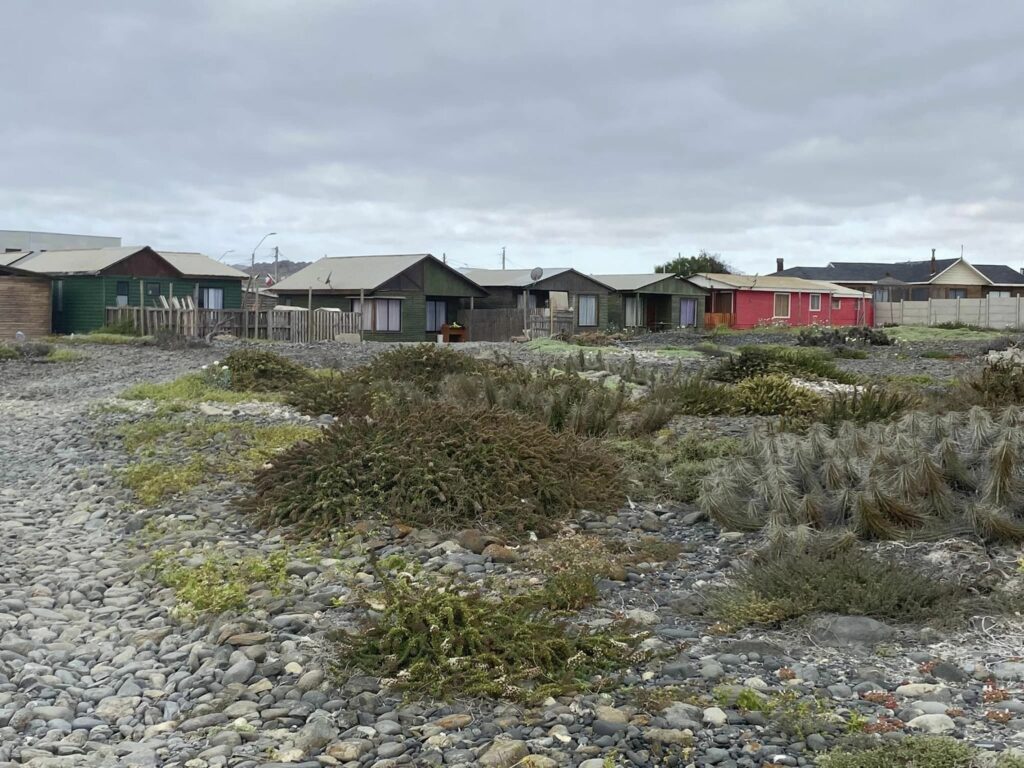
Chile’s laws have also caught up over the last few years. The country made significant progress in protecting oceanic environments by making science-based political decisions, including passing numerous regulations to control industrial fishing. Bans during breeding seasons safeguard spawning and juvenile fish to aid in population recovery, quantity limits prevent overfishing and maintain the water’s biological equilibrium, and zoning rules restrict commercial access to twenty-three percent of Chile’s shores.
In 2021, Chile approved the creation of the first bi-regional conservation area in the country, the Humboldt Archipelago Protected Area, encompassing nearly 1.5 million acres of coastal land along the Atacama and Coquimbo shores, including nearby islands. This year, the Chilean Council of Ministers for Sustainability commemorated the creation of that area with expanded protections that include the adjacent waters, an idea that was first proposed 19 years ago. Now more than 2,000 square miles of seas are sheltered from mining and megaport construction and traffic.
The people of Chañaral have widely celebrated Chile’s layered investments to revive the town’s economy and protect the most biodiverse and ecologically important area in this corner of the Pacific. Chañaral’s waters are a paradise for aquatic life, home to bottlenose dolphins, penguins, sea lions, and three species of whales.
In a region where the native environment directly supports people’s income, the necessity of conservation would be risky to ignore. Protection efforts diversify, and therefore strengthen, Chañaral’s income streams by attracting travelers. The town’s residents have embraced marine-based tourism because it doesn’t require the community to abandon its traditions; it blends their deeply rooted artisanal fishing customs with contemporary opportunities in ecotourism. Most fishermen in Chañaral now have secondary roles as water guides and are voluntarily part of a collective that distributes any tourism wealth equally among them.
On the dock stretching into Chañaral’s golden-sand cove, some children play as they wait for returning fishermen, while a group of travelers are buckled into fluorescent life jackets, preparing for a safe sail through Chañaral’s choppy, steel blue seas on a tailored-by-day wildlife tour. They’re in search of the elusive blue whale, the largest mammal ever to live, looking for a signature air spout or a mottled white shape hovering below the ocean’s surface. Whether or not they catch a glimpse, they’ve contributed to the comeback of a persevering, buoyant gem on Chile’s Atacama coast — a destination that those in the know are quietly hoping doesn’t boom.


